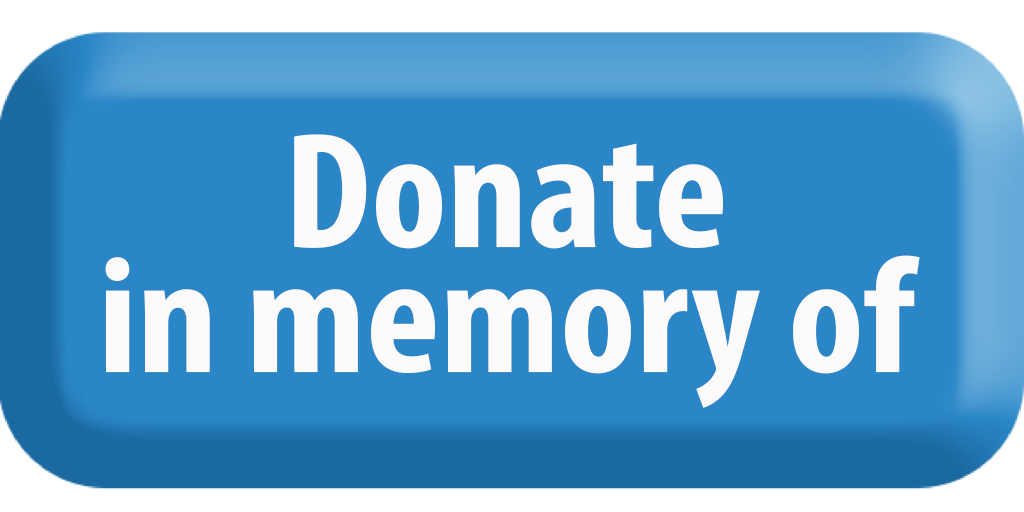Dear Hope Nation,
Today is the day we begin our journey into the Land of After. The journey across the Sea of During seemed endless, and some of us thought After was imaginary. The quarantine/sheltering-at-home/isolation/call-it-what-you-will seemed it would last forever. We’d all end up with some form of sea madness, starve in our homes or die of COVID-19. For most of us, none of those things happened, and today we can walk into the Hope center, reconnecting with old friends and supporting new ones. We have survived and we can thrive.
You’ll notice I used the phrase “Hope center” rather than referring to walking into Hope. That was conscious. The building in which we are housed, the building where art is created, where recovery is forged (and where windows are broken) is NOT Hope. Hope is not a structure, any more than a church is the building where it meets. A church called King’s Cross uses the Hope building for services every Sunday morning, but the building is not King’s Cross. The congregation, the membership, is King’s Cross. Hope is the people who meet in our building, not the structure. Hope is you and me and everyone else we know through our experience. Hope has never gone away (and neither has hope) while the Hope center was closed. Now, we can once again join together, laugh, teach, learn and share our thoughts and feelings. Pretty freaking cool!
Here in After some things are different. (“Oh, really, Keith. Do tell,” says the smart aleck in my head. “Change is part of reopening in the midst of a worldwide pandemic with cases spiking in much of the country? What a shock!”) Still, the important parts are still in place:
You will be treated with respect and kindness.
You will have your recovery taken seriously.
You will be encouraged to express yourself, whether through writing or art or music and interpretive dance.
You will have a chance to contribute to the community, whether welcoming a newcomer, helping clean and disinfect a room, encouraging others to be safe or interpretive dance.
You will have a voice in how things go. Talk with any of the staff members or with me. If talking is hard, write things down. If writing is hard, use interpretive dance.
Seriously, if we strengthen the things that remain, we will have a firm foundation on which to build the future. And a firm foundation is necessary if we are to practice . . . interpretive dance.
Since I’ve run that gag into the ground, I’ll bury it. For now.
I write this on Sunday, a beautiful mid-summer afternoon. I’m on the porch of the log cabin I live in, Lucy is sleeping on the floor and we’re both aware I’ve got a pot of black-eyed peas, smoked pork necks and collards simmering on the stove. I may, but probably won’t, make some cornbread to serve with dinner. All of these things (except of course the weather) are directly attributable to my recovery. Thirteen years ago, I walked up to a VA urgent care and announced, “Hi. My name’s Keith Howard. I’m a vet, but I’ve never been here before. I don’t want to be alive any more.” If I’d been blown off, sent to fill out paperwork or told I could see someone in four days, I wouldn’t be alive today. Instead, the nurse invited me to step back into a room, saying, “Let’s talk this through.”
Think of that. My life hung in the balance with that one statement. My higher power, Higher Power or the universe placed that particular nurse there that day and it saved my life. None of us knows, second by second, the good we do or the evil we prevent. Today, my prayer is that I be available to be used for good and to be a hedge against evil—even though I know I can’t know anything.
Especially how to do interpretive dance.
You matter. I matter. We matter.
Keith



